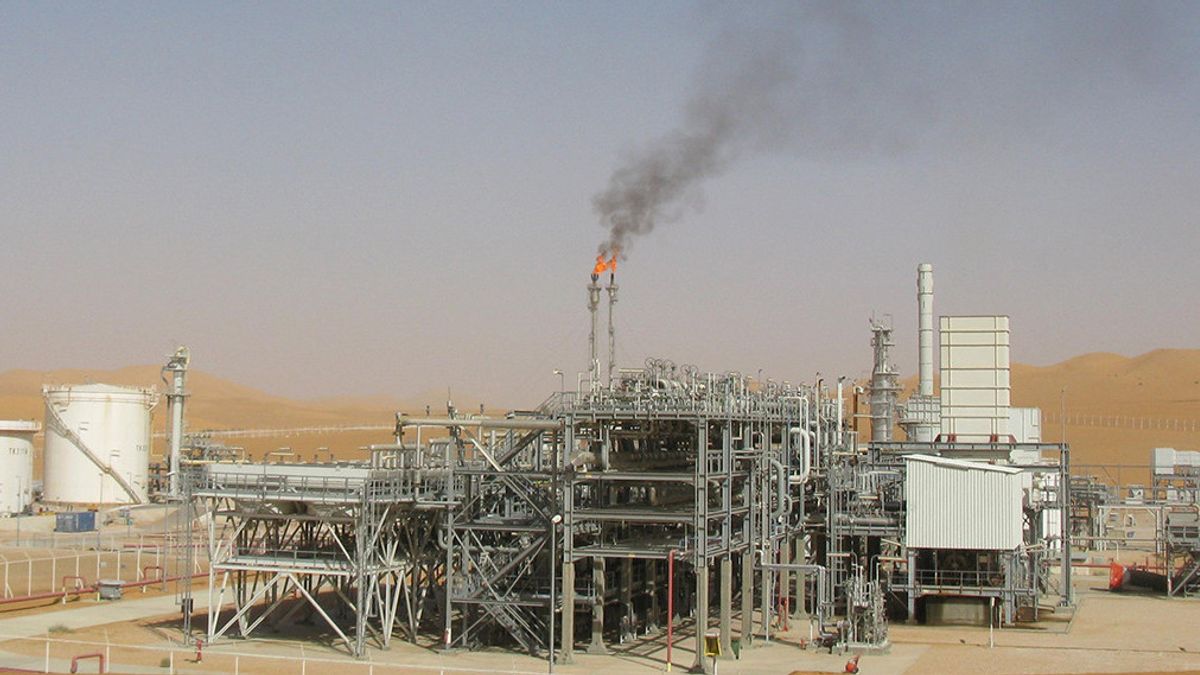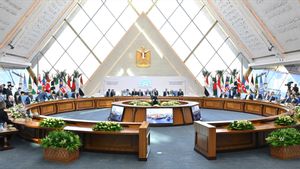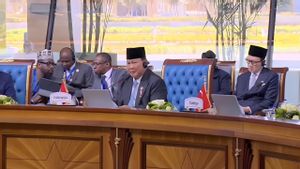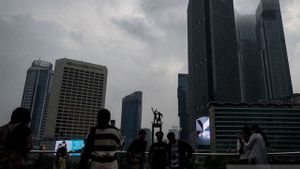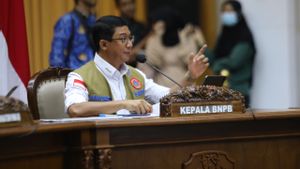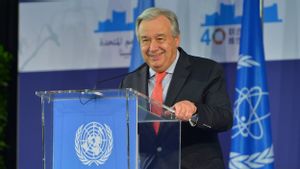JAKARTA - PT Pertamina (Persero) is currently working on building two new oil refineries (Grass Root Refinery / GRR) in Bontang and Tuban. There is also a capacity development for existing refineries (Refinery Development Master Plan / RDMP) in Dumai, Balikpapan, Balongan and Cilacap.
Pertamina's Oil and Gas Downstream Business Development Director, Mohammad Hidayat said, with the construction of these projects, Indonesia will be free from fuel imports by 2026. According to him, in 2019, Indonesia still imports fuel to meet domestic needs of 24.7 million kilo liters. (KL) or 33 percent. Meanwhile, the production of BBM from domestic refineries reached 50.9 million KL or 67 percent.
Based on the fuel supply and demand prognosis for 2020-2026, Indonesia will be free from fuel imports in 2026, when all RDMP and GRR are completed. In 2026, BBM production is estimated to reach 87.4 million KL, while demand or demand will reach 85.1 million KL.
Hidayat explained that the government has prepared a prognosis for this fuel demand with the assumption of an increase in demand of 3.16 percent per year.
"This prognosis is based on the availability of existing data and refinery projects that are being built and will be completed in what year, and how much production can meet domestic fuel needs," Hidayat said in a written statement quoted on Monday, June 1.
Hidayat said, in 2020-2021, fuel production is estimated to be stagnant, but demand will continue to increase. The first two years, he said, domestic fuel production from refineries was still stagnant, while demand continued to grow and referred to economic growth in which demand grew 3.16 percent per year.
Meanwhile in 2022 it is estimated that there will be additional fuel production from the Balongan RDMP. In 2022, fuel imports are estimated to be 25.9 million KL and domestic fuel production will be 47.8 million KL. Fuel demand is estimated at 74.7 million KL.
After that, with the completion of the Balikpapan RDMP in 2023, it will contribute to additional fuel production so that the total production reaches 57.5 million KL and imports will slightly decrease to 25 million KL. Fuel demand is projected at 77.3 million KL. For 2024, the demand for BBM is estimated at 80 million KL, fixed fuel production at 57.5 million KL and imports at 25.9 million KL.
Thus, fuel imports are projected to drop drastically in 2025 in which the demand for fuel is estimated at 82.5 million KL, while fuel production reaches 68.1 million KL and imports 13.4 million KL. The decline in imports was due to additional fuel production from Bontang's GRR.
"In 2026, it is hoped that there will be additional production from RDMP Cilacap and GRR Tuban. With the completion of the RDMP and GRR development, we will no longer need to import fuel," concluded Hidayat.
Meanwhile Pertamina emphasized that even though the COVID-19 outbreak was still hitting the country accompanied by a decrease in demand for fuel and pressure on the rupiah exchange rate, this state-owned oil and gas holding company remained focused on completing national strategic projects which were a mandate from the government. Including the construction of the Cilacap refinery as part of the RDMP / GRR project.
"Pertamina continues to carry out the investment plan that has been stated in the RKAP, while ensuring the Government's mandate to achieve national energy independence and resilience through the construction of refineries," said Pertamina Vice President Corporate Communication Fajriyah Usman.
Fajriyah said Pertamina would maximize and optimize the completion of refinery development projects and the construction of new refineries so that they can be completed according to the set time target. If this project is completed, later the refinery, which currently has a capacity of 1 million barrels per day, will double to 2 million barrels per day so that fuel needs can be met without the need for imports.
"With the completion of RDMP / GRR, Pertamina hopes to meet the government's target of stopping fuel imports by 2026," he concluded.
The English, Chinese, Japanese, Arabic, and French versions are automatically generated by the AI. So there may still be inaccuracies in translating, please always see Indonesian as our main language. (system supported by DigitalSiber.id)
